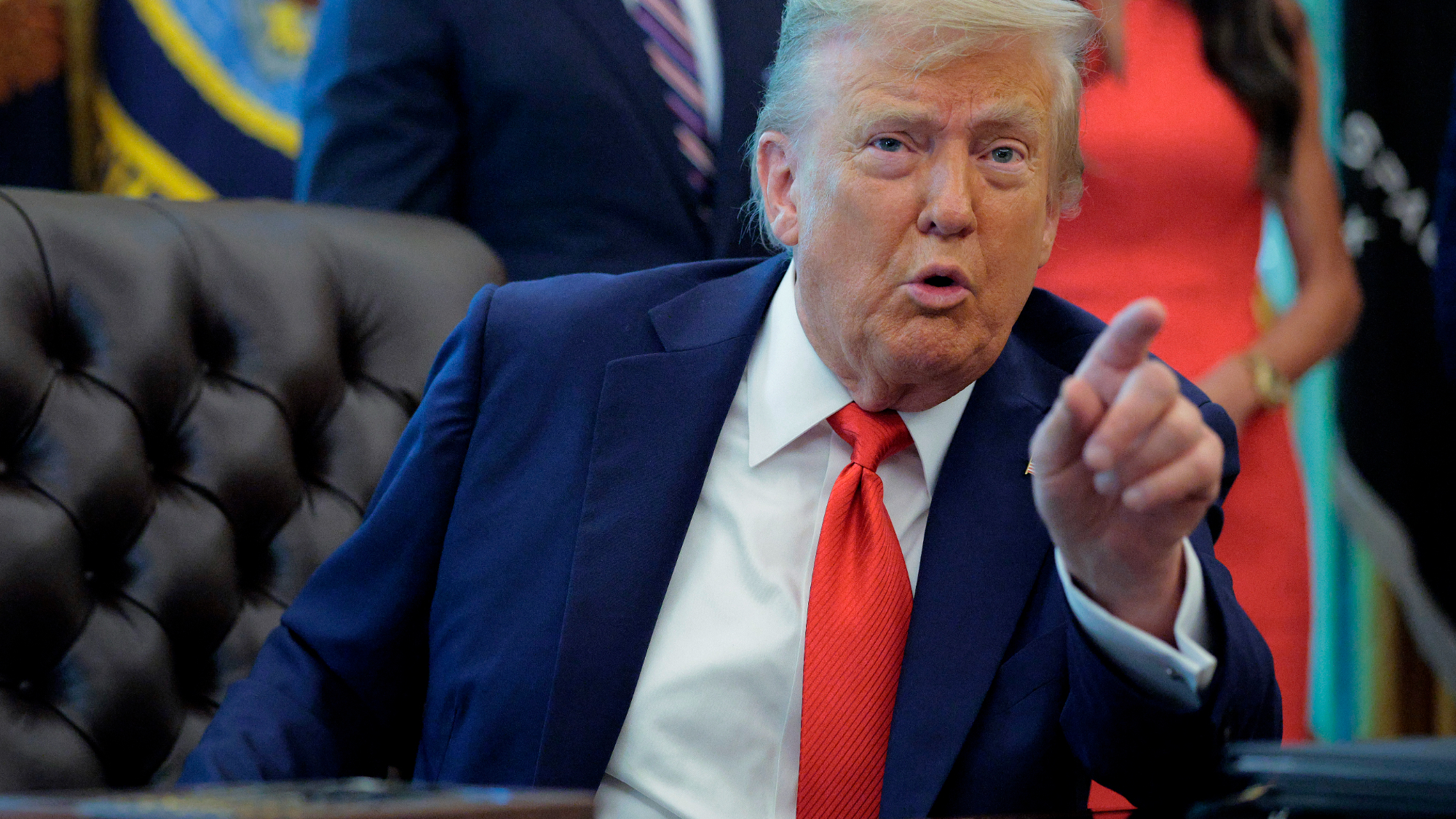President Donald Trump has once again raised the threat of putting further tariffs on semiconductors and technology. The U.S. president wants to apply these import taxes against countries that impose digital services taxes, especially those against American tech companies, as reported by Bloomberg.
“Digital Taxes, Digital Services Legislation, and Digital Markets Regulations are all designed to harm, or discriminate against, American Technology. They also outrageously, give a complete pass to China’s largest Tech Companies. This must end, and end NOW!” Trump posted on his social media platform. “With this TRUTH, I put all Countries with Digital Taxes, Legislation, Rules, or Regulations, on notice that unless these discriminatory actions are removed, I, as President of the United States, will impose substantial additional Tariffs on that Country’s Exports to the U.S.A., and institute Export restrictions on our Highly Protected Technology and Chips.”
Most digital service providers are based in North America, particularly in the U.S., according to tax research firm Tax Foundation. This means that American firms are hit hardest by DSTs and other forms of taxes that governments apply. So, to combat these alleged ‘discriminatory’ rules, Trump is threatening to place retaliatory import taxes and stop the flow of advanced chips to countries that do not lift them.
If the White House proceeds with this plan of action, many of the U.S.’s biggest allies will be hit hard. At least 18 countries around the globe apply DSTs on online sales, including France, the U.K., Italy, Spain, Turkey, and Hungary. On the other hand, the major chip-making nations in East Asia, including Taiwan, South Korea, and Japan, do not have DSTs, but still apply value-added taxes (similar to sales tax) on digital sales.
Even with Trump’s threat of sanctions and tariffs, this will likely be an uphill battle for most nations. Tax laws usually go through Congress in most democratic nations, meaning it might take years, if not decades, for the law to change. Resistance is also likely, as the move could be viewed by governments as U.S. interference with their sovereignty. Nevertheless, these threats are often just used to force partners to the negotiating table and open the issue. But if the U.S. follows through with tariffs and sanctions, this could spiral out of control and lead to an expansion of the ongoing trade war.

 3 months ago
57
3 months ago
57






 English (US) ·
English (US) ·